By: Reka Keller
Director of Communications & Marketing
Words are fundamental to our existence as a society; reflecting how a community feels, interacts, and, ultimately, its core beliefs. A positive learning community, like the one we aim to create here at Green Hedges, is a place where students feel safe, supported, engaged, and accepted. Words are key to this positive community—whether it’s with students, families, faculty, or staff. This year, Green Hedges is embracing the theme Words Matter, taking a chance to reflect on the words used in our daily interactions communitywide. In an article written by S.C.Cornell for the New Yorker, How Much Do Words Matter, the idea of language democracy is presented. The concept that a community uses the democratic process to determine language that is usable versus language that offends, upsets, or intones negativity. These societal norms of linguistics become the rules by which a community conversates. As Assistant Head of School, Trish Dougherty explained to faculty during the kick-off to inservice, “Words have immense power. They can uplift, inspire, and encourage. They can build bridges, foster understanding, and create connections that last a lifetime. But as we all know, words can also do the opposite. They can hurt, divide, and create barriers.”
Dr. Andrew Newberg, a neuroscientist at Thomas Jefferson University, shares this reflection. In his book Words Can Change Your Brain, Newberg states, “a single word has the power to influence the expression of genes that regulate physical and emotional stress.” To further prove the point, neuroscientist Maria Ritcher and collaborating scientists presented research around the physical impact of negative words in their experiment, “Do Words Hurt?”. They found that when monitoring subjects’ brain responses to auditory and imagined negative words, there was an increase in anxiety and situational stress. Additionally, these negative words actually stimulated the pain matrix, which contributed to the maintenance of anxiety in subjects. In turn, positive words can create positive associations that contribute to higher brain activity. In this way, the power of a single word and who holds that power only grows.
Language that is used around and with students can greatly impact the way they perceive themselves and their educational environments. Responsive Classroom, which is used at Green Hedges, asks teachers to be direct, convey faith in student’s abilities and intentions, focus on action, keep it brief, and most of all, know when to be silent in verbal interaction with students. This form of language assists in subliminally conveying power to students and aims to predicate positive self-talk within students.
As educators, the power of the words we teach and use with students extends far beyond the four walls of classrooms or even the lush spaces of our campus. It is our responsibility, in conjunction with families, to help students understand the profound impact of words and to model this awareness in all interactions. Whether we’re building a student up to believe that they can do anything they put their mind to, or if we’re discussing a school situation at home, the words we use matter. I leave you with the thought: if we’re all communicating the same message and combining the power of our words, what could our community grow to become?

